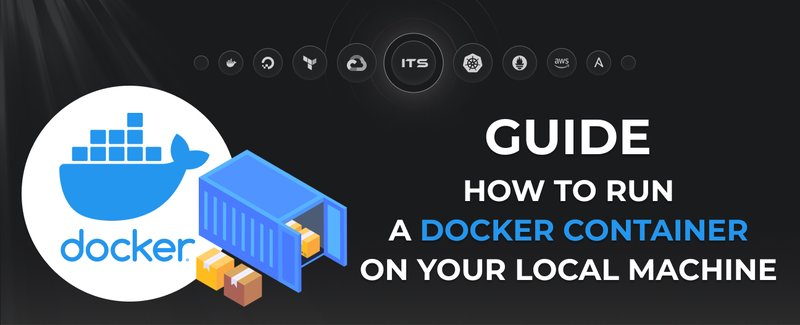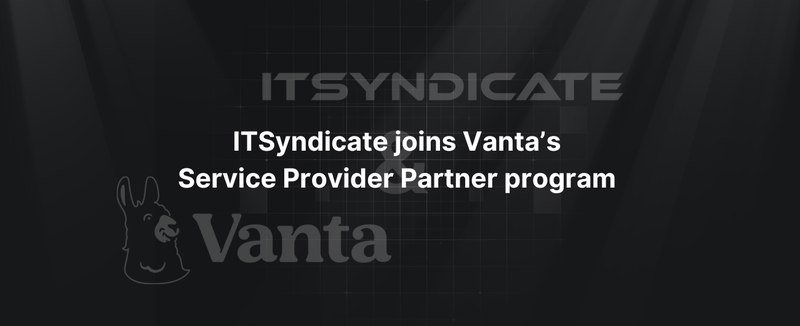In today's digital landscape, where technological agility and operational efficiency are paramount, DevOps emerges as a cornerstone for businesses aiming to thrive. This article delves into the substantial business benefits DevOps brings, emphasizing its pivotal role in driving higher ROI and fortifying a company's technological infrastructure. Focusing on DevOps practices, tools, scalability, and serverless computing, we unveil why hiring a DevOps engineer isn't just an operational decision but a strategic move that can significantly uplift your business profits.
The DevOps difference: a game changer for businesses
DevOps, a fusion of development and operations, isn't just a set of practices; it's a culture shift. It bridges the gap between software development and IT operations, ensuring faster, more efficient, and error-free software delivery. This integration is crucial for businesses seeking to stay competitive and responsive in a rapidly changing market.
1. Enhanced ROI through streamlined operations
DevOps isn't just a cost center; it's a value creator. By implementing DevOps practices, businesses can expect a significant reduction in deployment failures, rollbacks, and recovery time. This efficiency translates directly into cost savings and a higher return on investment (ROI). DevOps tools like automated testing and continuous integration/continuous deployment (CI/CD) pipelines minimize manual errors and reduce the time-to-market, offering a direct path to increased profitability.
2. Scaling new heights with DevOps
In the era of big data and cloud computing, scalability is king. DevOps practices are inherently designed for scalability, accommodating business growth seamlessly. Techniques like infrastructure as code (IaC) and serverless computing allow for flexible resource management, ensuring that your IT infrastructure can grow alongside your business without incurring prohibitive costs or complexities.
3. Embracing serverless computing for operational agility
Serverless computing, a key component of modern DevOps strategies, enables businesses to run applications and services without managing the underlying infrastructure. This approach reduces operational costs and allows IT teams to focus on core development activities, enhancing overall productivity and innovation.
4. Early adoption: the sooner, the better
Integrating DevOps practices at an early stage of a project can be transformative. Early adoption facilitates a smoother transition and integration of DevOps principles, ensuring your project is built on a solid, efficient foundation. This proactive approach can significantly reduce future technical debt and operational challenges.
A strategic imperative for every business
In conclusion, DevOps is not just an IT methodology; it's a strategic business decision that can redefine how your organization operates and competes in the digital age. By embracing DevOps practices and tools, businesses can achieve enhanced scalability, operational efficiency, and a significant boost in ROI. For IT specialists, CEOs, CTOs, and IT project managers, understanding and implementing DevOps is beneficial and essential for future-proofing your business and ensuring long-term success.
Docker commands and Dockerfile usage for running containers on a local machine
Docker commands and Dockerfile usage for running containers on a local machine
Netflix tech stack for powering streaming backend and cloud solutions





